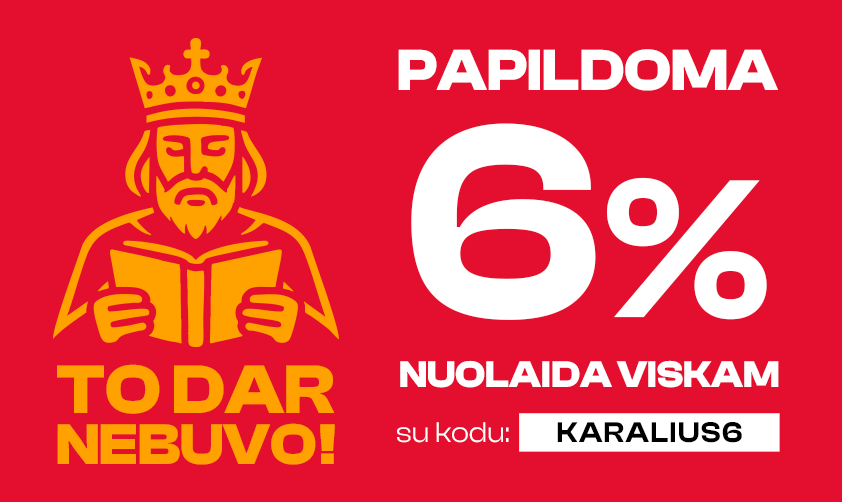- Išparduota
- Autorius: Ishay Landa
- Leidėjas: Taylor & Francis Ltd.
- Metai: 2018
- Puslapiai: 442
- ISBN: 9781351179973
- ISBN-10: 1351179977
- ISBN-13: 9781351179973
- Formatas: ACSM ?
- Kalba: Anglų
Atsiliepimai
Aprašymas
Highlighting the "mass" nature of interwar European fascism has long become commonplace. Throughout the years, numerous critics have construed fascism as a phenomenon of mass society, perhaps the ultimate expression of mass politics. This study deconstructs this long-standing perception. It argues that the entwining of fascism with the masses is a remarkable transubstantiation of a movement which understood and presented itself as a militant rejection of the ideal of mass politics, and indeed of mass society and mass culture more broadly conceived. Thus, rather than "massifying" society, fascism was the culmination of a long effort on the part of the elites and the middle-classes to de-massify it. The perennially menacing mass - seen as plebeian and insubordinate - was to be drilled into submission, replaced by supposedly superior collective entities, such as the nation, the race, or the people. Focusing on Italian fascism and German National Socialism, but consulting fascist movements and individuals elsewhere in interwar Europe, the book incisively shows how fascism is best understood as ferociously resisting what Elias referred to as "the civilizing process" and what Marx termed "the social individual." Fascism, notably, was a revolt against what Nietzsche described as the peaceful, middling and egalitarian "Last Humans."
Elektroninė knyga:
Atsiuntimas po užsakymo akimirksniu! Skirta skaitymui tik kompiuteryje, planšetėje ar kitame elektroniniame įrenginyje.
Kaip skaityti el. knygas ACSM formatu?
Mažiausia kaina per 30 dienų: 103,99 €
Mažiausia kaina užfiksuota: 2025-06-23 07:17:58
- Autorius: Ishay Landa
- Leidėjas: Taylor & Francis Ltd.
- Metai: 2018
- Puslapiai: 442
- ISBN: 9781351179973
- ISBN-10: 1351179977
- ISBN-13: 9781351179973
- Formatas: ACSM ?
- Kalba: Anglų



Atsiliepimai